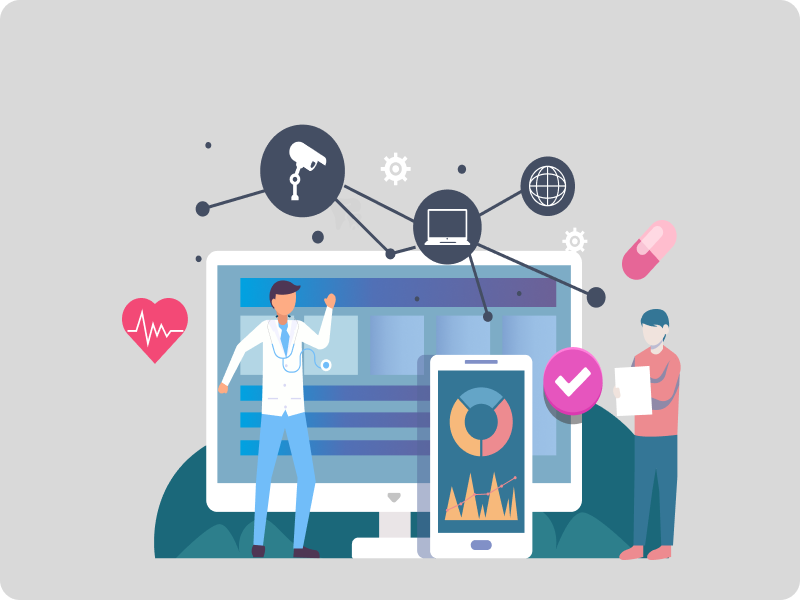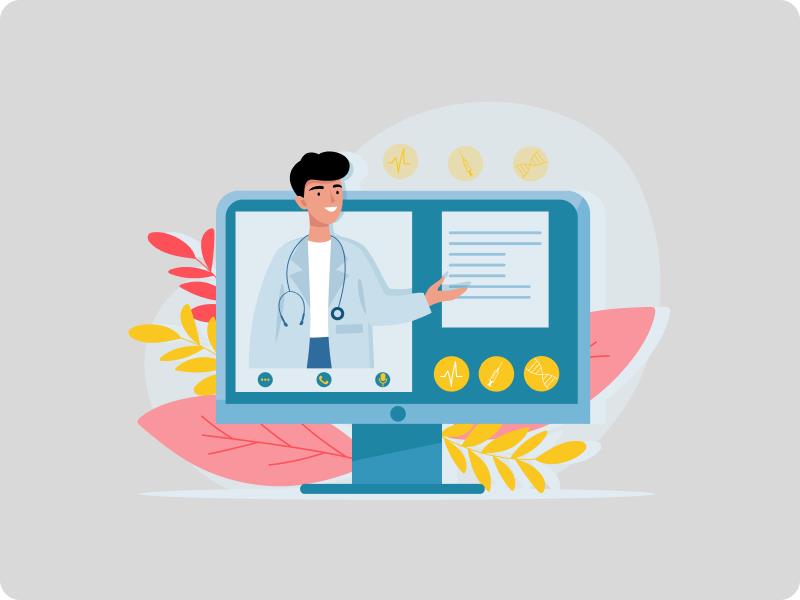How EMR Integration Enhances Healthcare Efficiency:
Connecting Systems for Better Patient Care
In the digital age, Electronic Medical Records (EMRs) have revolutionized healthcare management. Yet, without proper integration, even the most advanced EMR systems can fail to deliver their full potential. EMR integration connects systems across departments and providers, ensuring seamless communication and streamlined operations, ultimately improving patient care.
This blog explores the critical role of EMR integration in enhancing healthcare efficiency, reducing operational bottlenecks and delivering better patient outcomes.
Why EMR Integration Is Essential for Healthcare
1. Eliminating Data Silos
In many healthcare systems, patient data is fragmented across various platforms—lab systems, pharmacy records and billing departments. EMR integration unites this data, providing healthcare providers with a comprehensive, real-time view of a patient’s medical history.
Fact: Studies show that integrated EMR systems can reduce duplicate tests and procedures by up to 18%, saving both time and resources.
Learn more about how JGD Health’s solutions can streamline data integration.
2. Enhancing Care Coordination
Integrated EMRs ensure that all providers involved in a patient’s care—from primary physicians to specialists—have access to the same up-to-date information. This minimizes communication errors and improves care coordination, especially for patients with chronic conditions.
3. Improving Administrative Efficiency
By automating routine tasks such as appointment scheduling, billing and data entry, integrated EMRs free up time for healthcare staff to focus on patient care.
Key Benefits of EMR Integration
1. Faster Access to Patient Data
Integrated systems eliminate the need to navigate multiple platforms or request records from other departments, allowing providers to access critical information in seconds.
2. Error Reduction
Automation minimizes human errors, such as incorrect data entry or lost records, ensuring accurate and reliable patient information.
3. Streamlined Workflows
From intake to discharge, integrated EMRs enable smoother workflows by automating processes and reducing redundancy.
Discover how JGD Health can enhance your clinic’s workflows with complimentary EMR integration.
Overcoming Challenges in EMR Integration
Data Security and Compliance
Ensuring the security of patient data is a top priority. Integrated systems must comply with regulations like HIPAA to protect sensitive information.
Legacy Systems Compatibility
Integrating outdated systems can be challenging. Healthcare providers need scalable solutions that work seamlessly with existing infrastructure.
JGD Health offers secure, scalable solutions that are HIPAA compliant. Learn more.
The Role of JGD Health in EMR Integration
EMR integration is the key to bridging gaps in healthcare systems, enhancing operational efficiency and delivering better patient care. By connecting systems and automating processes, healthcare providers can focus on what matters most—caring for their patients.
At JGD Health, we specialize in healthcare technology solutions designed to connect systems, enhance efficiency and improve patient care.
Ready to integrate your EMR systems? Get started with JGD Health.




